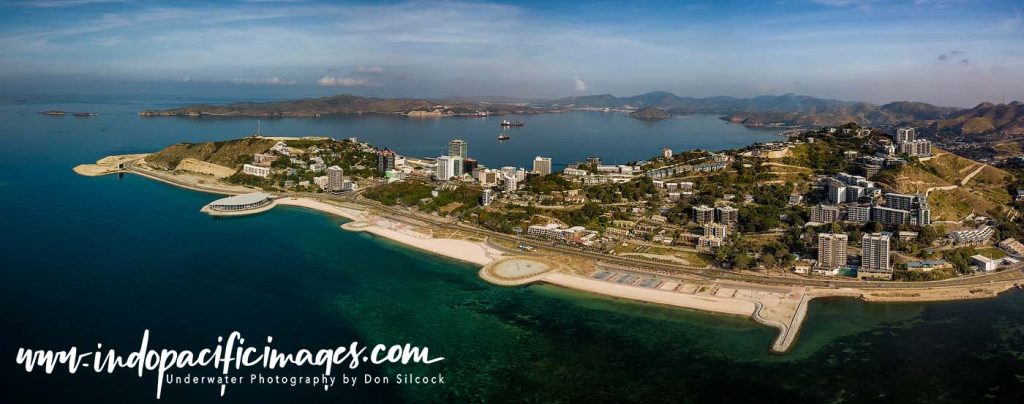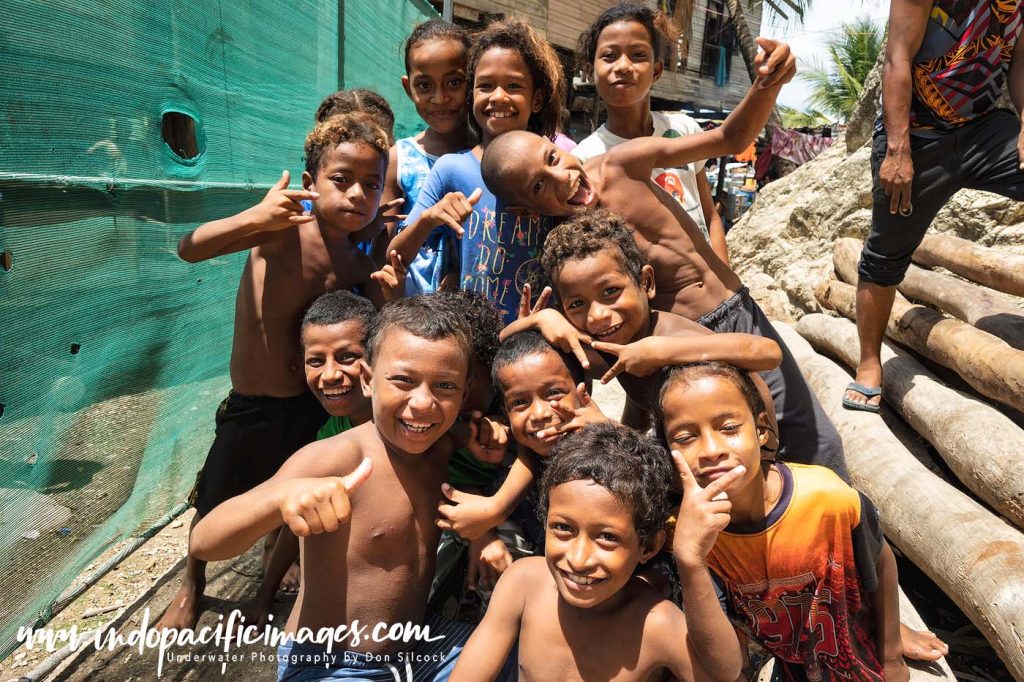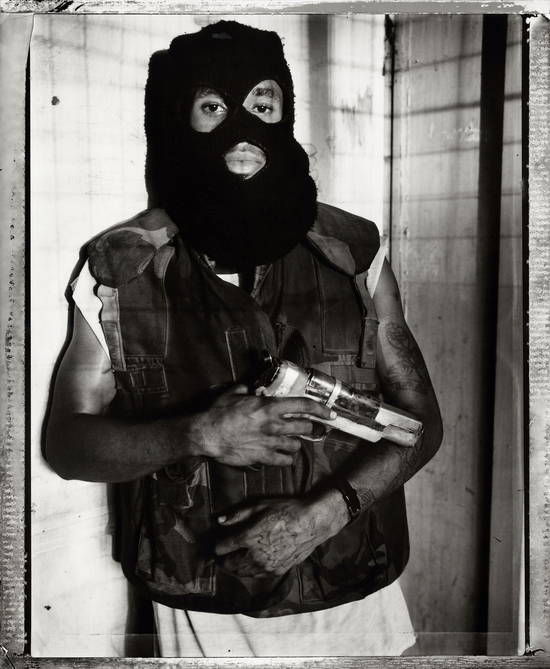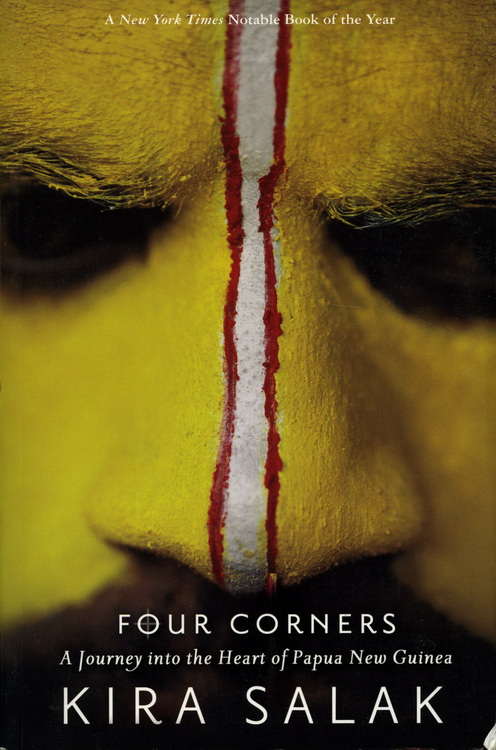Is it safe to go to PNG… This is a question I get asked a lot, and the honest answer is no, it’s not 100% safe.
But then again, where is these days? In my experience, the risks in Papua New Guinea are manageable and far outweighed by the incredible experiences it offers.
Papua New Guinea isn’t without its challenges. Yet for the adventurous traveler, it stands out as a truly unique and rewarding destination.
Although I spend a lot of time in Bali, I’ve lived in Sydney for over 20 years. During that time, I’ve never felt threatened or in real danger. But that doesn’t mean Sydney is 100% safe.

It simply means I’ve used common sense to avoid areas or situations that could lead to trouble. The same applies to Papua New Guinea. Over the past two decades of regular visits, I’ve never had a single moment where I felt unsafe. Why? Because I take the same precautions and use the same level of awareness I apply anywhere else.
So, should you visit Papua New Guinea? If you’re reading this, chances are that two weeks at a beach resort isn’t your idea of the perfect getaway. If you’re looking for something off the beaten track, something truly extraordinary, my answer is simple: yes, you should go.
Is It Safe To Go To PNG – Port Moresby
Papua New Guinea’s capital Port Moresby is the only international gateway in to the country.


It is also regarded as the most dangerous place in the country. Although Lae and Mt Hagen have poor reputations too.
Therefore the reality of any travel to PNG is that you will have to spend some time in the capital. Whether that is just a couple of hours transit in Port Moresby to catch a domestic flight to your final destination.
Or an overnight stay because your connections did not work.
Maybe you want to experience the remarkably good local diving.
With a modicum of common sense, the associated risks can be safely managed if you understand them…
Is It Safe To Go To PNG – Raskols…
The principal danger in Papua New Guinea comes from the Raskols – gangs that have become a permanent and highly negative feature in cities like Port Moresby, Lae, and Mount Hagen.
Virtually every expat I’ve spoken to in Port Moresby seems to have a near-miss story. Some of which are genuinely frightening, however, I don’t believe that Moresby is the “near-death” experience these stories and media portrayals might suggest.
In reality, it’s the local people who suffer the most from the Raskols. A violent crime against an expat will often provoke a severe response from the police. On the other hand, crimes committed against locals appear to be far more common, with little action taken to address them.
For expats, incidents are rarely premeditated. Instead, they tend to be random, opportunistic events where a Raskol takes advantage of a momentary chance.

Raskols – Stephen Dupont
Stephen Dupont is an accomplished Australian photographer who specialises in what he calls fragile cultures and marginalized peoples. It took several trips to PNG, but in 2004 he managed to infiltrate the Kips Kaboni (Scar Devils), Port Moresby’s longest established raskol gang.
Setting up a makeshift studio inside one of their safe houses, where he photographed his subjects and their unique home-made weapons and firearms. If you want to understand a bit more about the raskols take a look at the image gallery on his site. Or buy a copy of his book Raskols: The Gangs of Papua New Guinea.
Is It Safe To Go To PNG – Good Sense
For visitors to Port Moresby, the primary risk comes from random, opportunistic events. However, this risk can be significantly minimized by exercising basic caution and situational awareness. Such incidents are most likely to occur if you’re particularly careles. For example, walking around unaccompanied with an expensive-looking camera or wristwatch, or carrying a visibly bulging wallet.
By being mindful of your surroundings, avoiding actions that draw unnecessary attention, and following local advice, you can greatly reduce the chances of encountering trouble during your visit. Take the opportunity to explore what Port Moresby has to offer, but opt for guided tours provided by reputable hotels. These guides are familiar with the area, aware of potential trouble spots, and know how to avoid them.
Is It Safe To Go To PNG – Safety Tips…
Away from Port Moresby, larger towns such as Alotau in Milne Bay, Rabaul, and Kimbe in New Britain generally feel safe. I’ve often wandered around these areas alone and have never encountered any issues. That said, some excellent general safety tips I picked up from the Lonely Planet are as follows:
– Use a Bilum: Bilums are the locally made colorful string bags that that almost everyone in PNG uses. Carrying one can help you blend in and avoid the “I’m a tourist” vibe that might draw unwanted attention.
– Raskol money: Keep a small amount of cash in your pocket as a precaution in case you encounter a “raskol moment.” Make sure to hide the rest of your money securely elsewhere.
– Pay Friday: Many locals are paid fortnightly on Fridays, and it’s common for younger men to celebrate by drinking heavily. Avoid crowded areas and steer clear of any potential disturbances during these times.
Some Additional Reading

If you’re looking for a book that truly puts the potential dangers of Papua New Guinea into perspective, I highly recommend Kirra Salak’s Four Corners. Written in 2001, when Salak was just 24 years old, this remarkable account chronicles her journey across PNG’s main island — from the south coast, over its formidable mountain range, and all the way to the north coast.
The terrain she navigated and the dangers she faced are nothing short of astonishing – at times almost unbelievable.
The sheer feat of completing such a journey is extraordinary. But what makes it even more incredible is that she achieved this as a single white female, battling some of the harshest conditions imaginable.
What elevates Four Corners beyond an adventure tale, however, are the insights Salak provides into the local people she encountered along the way. Despite the challenges, she met individuals who went out of their way to help and protect her, offering a glimpse into the kindness and resilience of PNG’s communities.
Reading her story put my own “adventures” in PNG into sharp perspective – making them seem like a trip to Disneyland by comparison. It’s a poignant reminder that, as with most things, danger in PNG is very much a relative concept.
An interesting paper also well worth reading is “Keeping Safe – How international volunteers manage crime & violence in Papua New Guinea” by Joe Weber, who was the Country Director of Voluntary Services Overseas (VSO). A UK based development organisation that provides volunteers in developing countries.
This meant that had the overall responsibility for the safety of the VSO volunteers in PNG. His paper provides a very rational view of the risk and the strategies available to mitigate those risks.
Safety in Papua New Guinea – Final Words…
On a recent flight back from Port Moresby I set next to Dr. Olivia Barnett-Naghshineh. Olivia was returning from Goroka, the capital of the Eastern Highlands Province, where she had previously spent a year studying the local women.
We had a really interesting discussion, during which I asked about her experiences of staying safe. Here is what Olivia had to say, which I think is really insightful:
“Papua New Guineans value respect, honest and openness very highly and will treat anyone who is polite, friendly and respectfully with huge kindness. Sometimes a group of people in the street can look hostile as they stare at visitors, but as soon as the visitor smiles at them, there will soon be very smiley people returning the intention. Like anywhere in the world, treat people kindly and not with fear and they will return the favour.
Sharing and gifting are also important to showing humility in PNG, and this will go along way with making good relationships that can keep you safe, and ensure you have an even more wonderful time.
I think one of the common aspects of the various cultures in PNG I have come across is love for other people. Caring for others is a paramount value which has been put under pressure from growing urbanisation and more people being shut out of the growing economy.
Growing inequality has created some issues of crime, but I have also never experienced anything dangerous or scary and suggest listening to local advice always and trusting your instincts rather than listening to any scare stories. Just be humble, respectful, generous and kind and leave any stereotypes heard in Australia or America at the border.”
Back To: Understanding Papua New Guinea
